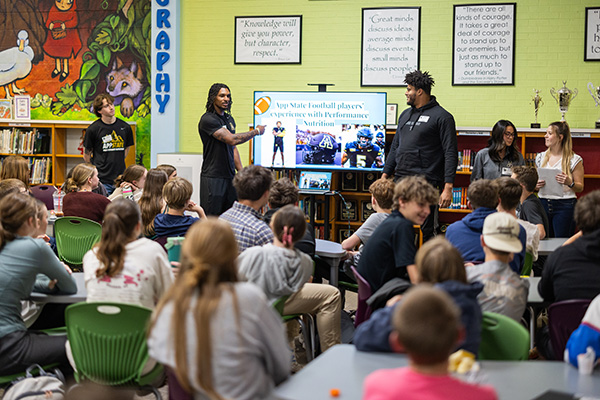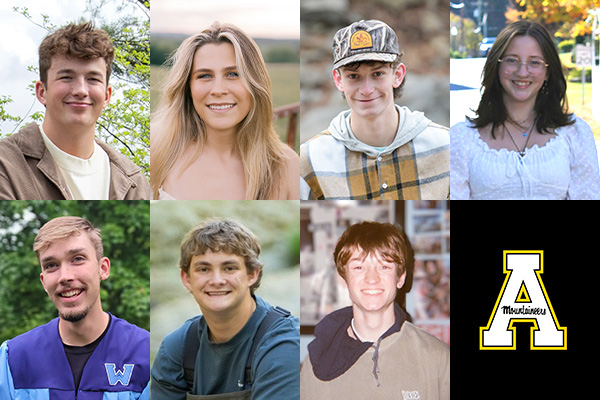BOONE, N.C. — For decades, Appalachian State University has recognized the importance an international perspective has on undergraduate education. Appalachian's graduates are creative thinkers and problem-solvers -- thought leaders who are easily able to adapt to a changing world. The legacy we leave our future generations will be graduates who are also able to apply global competency to their personal and professional lives, no matter where they live or where their career paths lead.
Transcript
(introductory music)
Jesse Pipes; MBA candidate: What always strikes me is why students continue to go abroad and get involved in different types of projects. Anja, you were saying that after coming to Malawi with us it really sort of opened a whole new scope of what you might want to study and what you might want to pursue.
Anja Wicker '13; Global Studies: Originally coming into it, I was very critical of non-profits and NGOs and what-not and their ultimate mission. But going to Malawi and really being able to hands-on experience different organizations that are doing work that is actually benefiting the people ... it's changed my entire perspective.
Deja Borders; Class of 2014, Marketing: Going to Malawi and being part of the ... seeing the different organizations that were there ... definitely showed me that having a sustainable outlook and actually helping the people learn a trade or learn how they can help themselves or come up with a process.
JP: We have preconceived notions when we go abroad. Traveling to somewhere like Malawi that is so different ... we talked about this during the trip, but Malawi is one of the poorest countries in the world. How does that change you after you come back ... back to campus, back to Boone.
Dr. Heather Dixon-Fowler; Walker College of Business: I just didn't realize the seeds that were sort of planted and what that would mean, not only for our college but also for Appalachian as a university and then even the greater community that we're a part of as a university here in Boone and in Watauga County. We really did bring the world to us and I think it benefited the entire community in so many ways.
JP: I think that one of the special things about this university is the fact that we, as students, were able to go abroad, but how much sort of followed us on our way back to campus. The Global Opportunities Conference ... having William Kamkwamba, having Blessings here ... and Deja, one of my favorites here was having you, Blessings and William read from his children's book at the public library during children's hour the very next day. We never realize when we set off on a short-term study abroad trip, the gravity of what that entails when we come back to campus.
AW: The fact that the Global Conference was around an issue that we, as Appalachian students, had visited and been there and had experiences and first-hand accounts. I think that not only brought Malawi back over here, but it expanded the opportunity for people in the audience to realize that they can achieve the same thing.
DB: It served as a segue to start conversations over and over again and bring that awareness that is not there.
JP: One of the core values that I've applied in my work in Malawi is just increasing the dialogue across the table. We have just as much to learn by going there as we think that we can teach in the process. So I think that is really what it is for me is making that connection and being part of that engagement point for students here as well.
DB: One of the big things that you said to me when we were there that stuck with me was empathy not sympathy.
JP: Well, that's something that I learned. They're capable ... we're all capable ... of solving issues. At that point in time I sort of took it upon myself to stick to that manifesto that it's empathy not sympathy.
HDF: I don't think until I was on the ground, seeing what was working and also seeing what wasn't working, and allowing people, where they're at and in the context that they are, to solve their own problems, but often maybe we just need to provide the resources for them to do that. It's them telling us what they need and what they need to get to what they need. And then we can help with that.
AW: Every decision I make, some piece of that decision is going to be based on what I experienced in Malawi. It impacted me in a way that can't be put into any type of concrete form.
DB: It was different than any other experience that I have had abroad. I've been to Korea and I've been to Japan. Those places didn't stick with me like Malawi will. I kind of understand where you're coming from because I think of things differently. It was a totally different experience for me.
(closing music)
What do you think?
Share your feedback on this story.
About Appalachian State University
As a premier public institution, Appalachian State University prepares students to lead purposeful lives. App State is one of 17 campuses in the University of North Carolina System, with a national reputation for innovative teaching and opening access to a high-quality, cost-effective education. The university enrolls more than 21,000 students, has a low student-to-faculty ratio and offers more than 150 undergraduate and 80 graduate majors at its Boone and Hickory campuses and through App State Online. Learn more at https://www.appstate.edu.
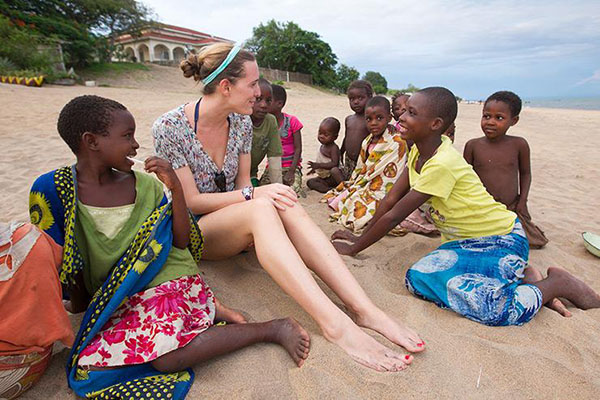
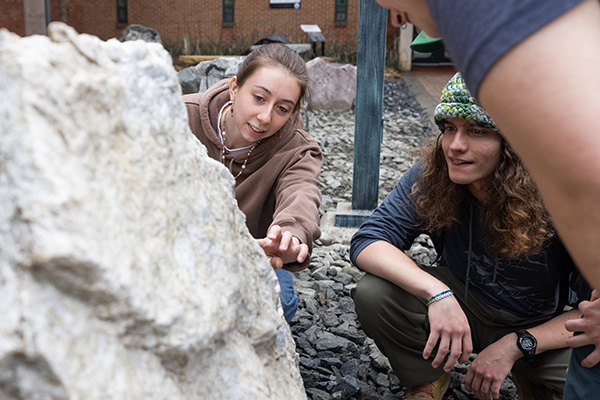
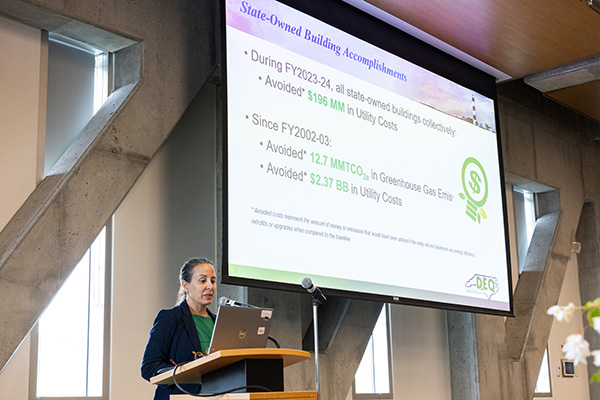
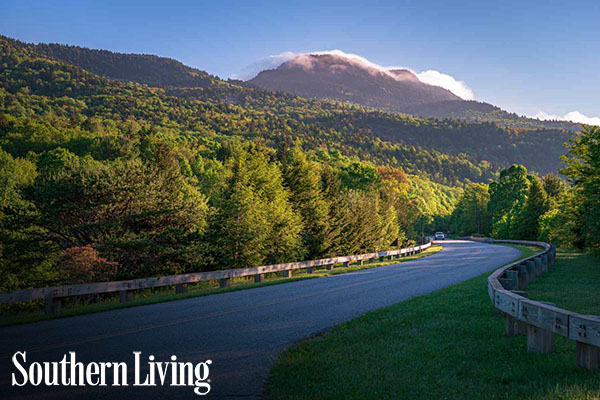
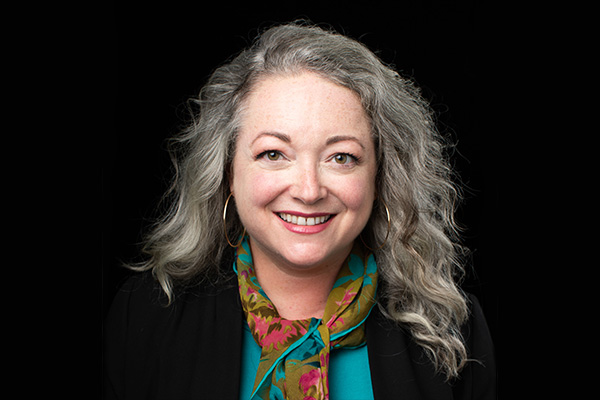

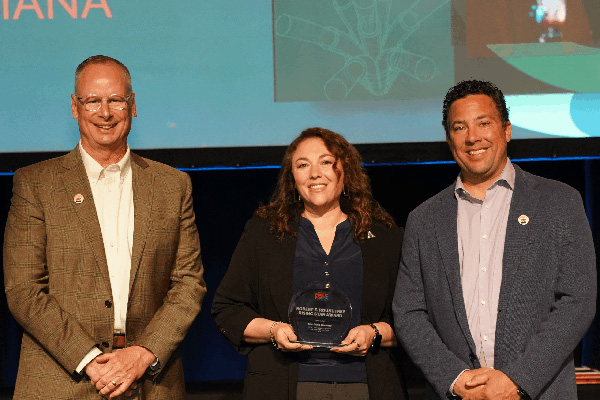
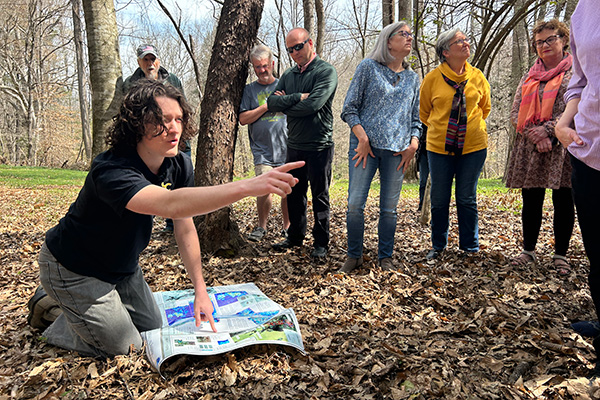
![‘Dragon prince’ dinosaur may be missing link in T. rex evolution [alumni featured]](/_images/_posts/2025/06/dragon-prince-600x400.jpg)
![Is Carb Cycling the Key to Increasing Your Endurance? [faculty featured]](/_images/_posts/2025/06/carb-cycling-600x400.jpg)

